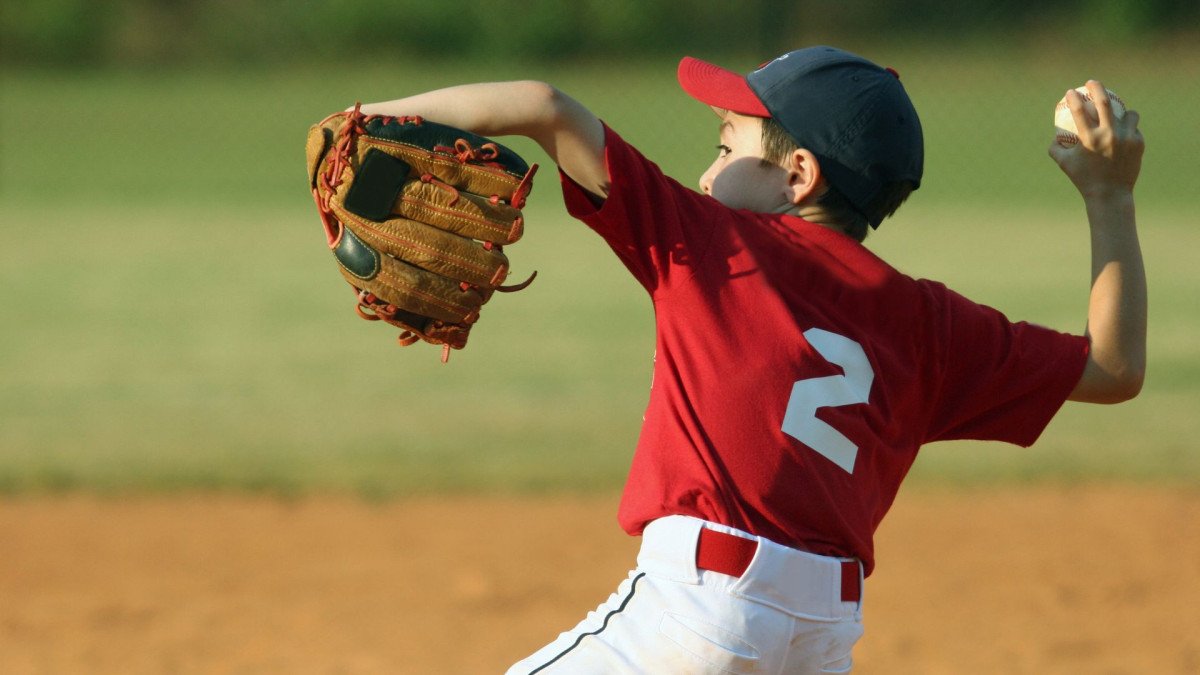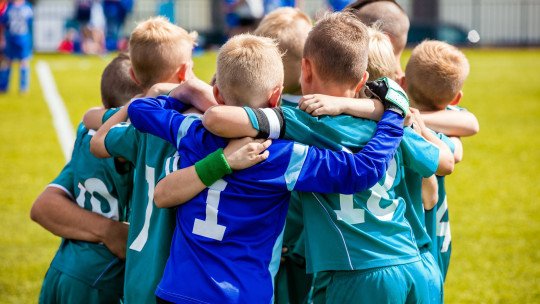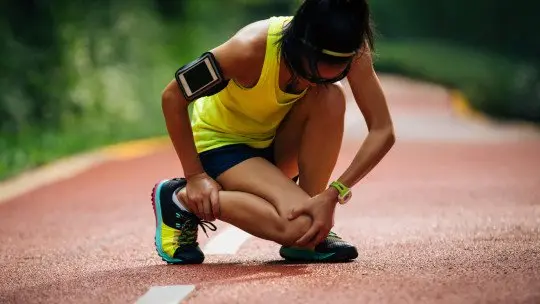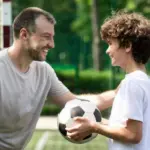From a very early age, many boys and girls dream of being elite athletes. However, it is vital to remember that these young people are also people, with emotions, insecurities and needs that go beyond sport. In this article, we will explore how coaches and parents can support the holistic development of young athletes, encouraging balance between sport and personal life
How can we cultivate balance from the beginning?
Imagine a young athlete, inspired by Michael Jordan’s incredible story of improvement. This kid spends hours practicing basketball every day after school. At first glance, his dedication seems commendable, but behind that passion may hide a worrying imbalance.
Discover what happened to this young athlete and how his story can help guide other boys and girls towards a healthy balance between sports and personal life. From childhood, it is essential to teach young athletes the importance of balance. An effective coaching technique is to help them identify their passions outside of sport and encourage them to dedicate time to these activities
Whether it’s music, art, or simply spending time with friends and family, these experiences are critical to your personal development. Parents and coaches should be alert for signs of imbalance in young athletes. Changes in mood, decreased school performance or even sleep problems may indicate that sports are taking up too much space in their lives. At this point, appropriate intervention is key.
A powerful coaching tool that can help young athletes find balance is the wheel of life. This graphic tool allows them to evaluate different areas of their lives, from sports to family and education By visualizing how they are allocating their time and energy, they can identify areas that need more attention.
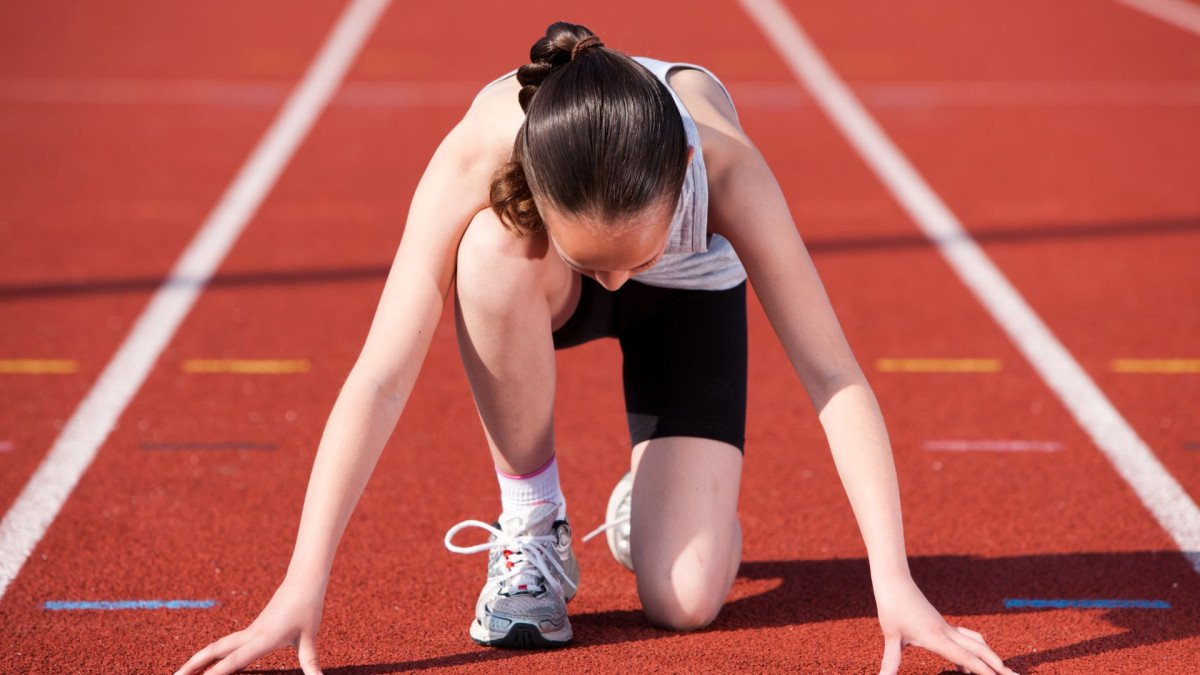
How can we apply Sports Coaching to promote balance?
Sports Coaching is an invaluable ally on this journey towards balance. Coaches can work with young athletes to develop coping skills, stress management, and emotional self-awareness These skills not only improve their athletic performance, but also help them balance the demands of sport with those of daily life.
Ultimately, supporting young athletes goes beyond intensive training and competitions. It’s about nurturing their minds and souls, teaching them that they are more than their sporting achievements. By using coaching tools and mindfulness, we can guide these young people toward a bright and balanced future. Remember, true success lies in finding the balance between sport and personal life, and in helping these young people grow as complete and happy individuals.
Through these thoughtful questions, I urge you to embark on a journey of self-discovery a journey that has the potential to change not only your participation in the sport, but also your connection with yourself and the environment around you.
Take the time to calmly explore each of these questions and maintain a receptive mindset as you find the answers, recognizing that in answers and sincere reflection you will find a path to a serene presence and renewed inner strength
